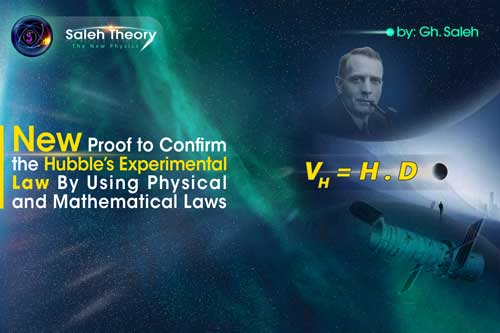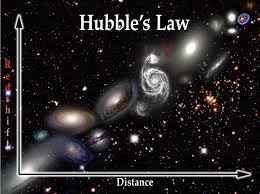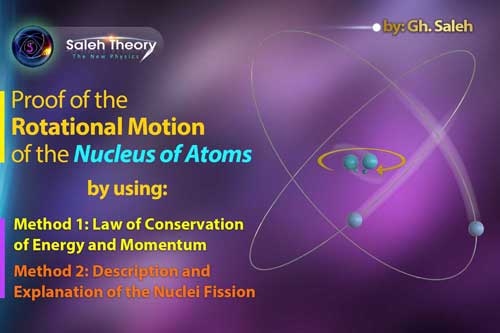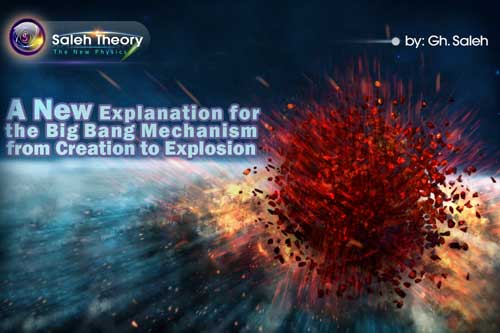
New Proof to Confirm the Hubble’s Experimental Law By Using Physical and Mathematical Laws
Based on the structure of universe, which has a voluminous and spherical shape; it can be written the velocity equation of the universe and its components as follows:
Total velocity of each celestial object = Rotational velocity + Linear velocity
𝑉→𝑇 = 𝑉→𝑟 + 𝑉→𝑙
⇒ 𝑉→𝑇 = ( 𝜔→ × 𝑟→ ) + 𝐿→
Considering the structure of Prof. Hubble's formula, it can be concluded that the galaxies that move in direction of a similar 𝜔 (same direction) have zero relative linear velocity.

It means that the velocity of all galaxies on the same radiant, increase or decrease simultaneously. So for all galaxies you see in the figure, we have:
𝑉→𝑇 = 𝜔→ × 𝑟→ ⇒ |𝑉→𝑇| = |𝜔→| × |𝑟→| ⇒ 𝑉 = 𝜔 . 𝑟
𝑉𝐻 = 𝐻 . 𝐷
In fact, it can be said that Hubble's law shows the algebraic value of the rotational velocity of celestial objects in universe.




